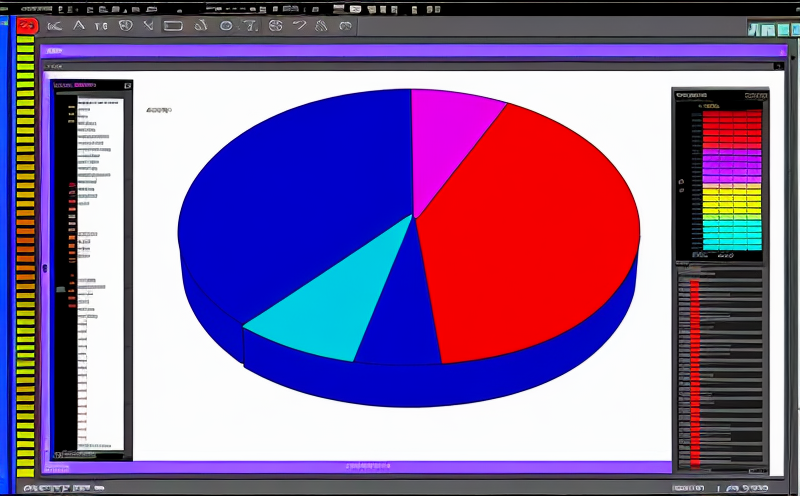UNE EN 821 Thermal Conductivity Analysis of Ceramics
The UNE EN 821 standard provides a comprehensive method for determining the thermal conductivity of ceramics, which is crucial for ensuring product quality and compliance with international standards. This service ensures accurate measurement of thermal properties to support various industrial sectors including aerospace, automotive, electronics, and construction.
Thermal conductivity plays a vital role in the design and development of high-performance materials used across industries. For instance, in aerospace, understanding the thermal properties helps in optimizing engine components for efficiency and longevity. In electronics, it ensures proper heat dissipation to prevent overheating. The UNE EN 821 standard is essential for these applications as it guarantees reliable results that are comparable internationally.
The testing process involves precise measurement of how efficiently ceramics conduct heat under specified conditions. This includes controlling environmental factors such as temperature and pressure, which can significantly influence the outcome. Specimens must be prepared according to strict guidelines detailed in the standard to ensure consistency across tests. Once ready, they undergo thermal analysis using sophisticated equipment designed specifically for this purpose.
The UNE EN 821 method is based on steady-state heat flow measurements, where a specimen is placed between two plates maintained at different temperatures. The temperature difference and resulting heat flux are measured to calculate the thermal conductivity. This approach ensures high accuracy and reproducibility of results. Compliance with this standard not only enhances product performance but also supports regulatory requirements in many countries.
By adhering to UNE EN 821, laboratories can provide clients with confidence that their products meet international standards. This is particularly important for businesses operating globally or those seeking certification from recognized bodies like ISO and ASTM. Accurate thermal conductivity data enables informed decision-making during product design, manufacturing processes, and quality control checks.
In summary, UNE EN 821 thermal conductivity analysis of ceramics is a critical service that supports various industries by ensuring high-quality products through precise measurement techniques. It plays an integral role in maintaining consistency across production lines while meeting strict regulatory standards worldwide.
Quality and Reliability Assurance
The quality and reliability of thermal conductivity analysis are paramount to ensure consistent results that meet international standards. At our laboratory, we employ experienced technicians using state-of-the-art equipment calibrated according to UNE EN 821 specifications. This guarantees accurate measurements and reproducible outcomes.
Our rigorous quality assurance protocols include regular calibration checks, validation of test procedures against current best practices, and continuous training for staff members. These measures ensure that every sample processed adheres strictly to the requirements set forth by UNE EN 821, thereby maintaining high standards throughout our operations.
The reliability of thermal conductivity tests is further enhanced through strict adherence to laboratory protocols and robust data management systems. Our comprehensive record-keeping practices allow us to trace each test back to its original source, ensuring transparency and accountability in all aspects of the process.
By leveraging these stringent quality assurance measures, we can deliver reliable results that meet or exceed customer expectations. This commitment to excellence is reflected not only in our technical expertise but also in our dedication to providing accurate, consistent data across all services offered at this laboratory.
Customer Impact and Satisfaction
The implementation of UNE EN 821 thermal conductivity analysis has a direct impact on customer satisfaction by ensuring high-quality products that meet international standards. By providing accurate thermal conductivity data, we enable our clients to make informed decisions during various stages of product development.
For quality managers and compliance officers, reliable test results ensure adherence to regulatory requirements across different regions. This reduces the risk of non-compliance issues and associated penalties while enhancing brand reputation among stakeholders.
R&D engineers benefit from precise thermal conductivity measurements that guide innovative designs for improved performance in diverse applications like aerospace engines or electronic circuits. Proper heat dissipation is crucial for these sectors, making accurate testing essential for success.
For procurement departments, the confidence provided by UNE EN 821-compliant tests helps identify reliable suppliers capable of delivering consistent product quality. This fosters long-term partnerships based on trust and mutual goals.
In conclusion, our services contribute significantly to customer satisfaction through accurate, reproducible thermal conductivity analyses that support informed decision-making across multiple industries.
Use Cases and Application Examples
| Industry Sector | Application Example | UNE EN 821 Requirement |
|---|---|---|
| Aerospace | Engine component design for efficient heat dissipation. | Accurate thermal conductivity data ensures optimal performance and durability. |
| Electronics | Heat sink manufacturing to prevent overheating in circuit boards. | Data supports selection of appropriate materials with suitable thermal properties. |
| Construction | Ceramic brick production for energy-efficient buildings. | Ensures compliance with building codes and standards related to insulation performance. |
| Automotive | Thermal management systems in vehicle engines. | Aids in selecting materials that meet stringent temperature control requirements. |
| Biomedical | Ceramic implants with controlled heat transfer characteristics. | Guarantees biocompatibility and enhances patient safety through precise thermal conductivity analysis. |
| Manufacturing | Production of precision-molded ceramics for industrial applications. | Ensures consistent quality in manufacturing processes, leading to improved product reliability. |





